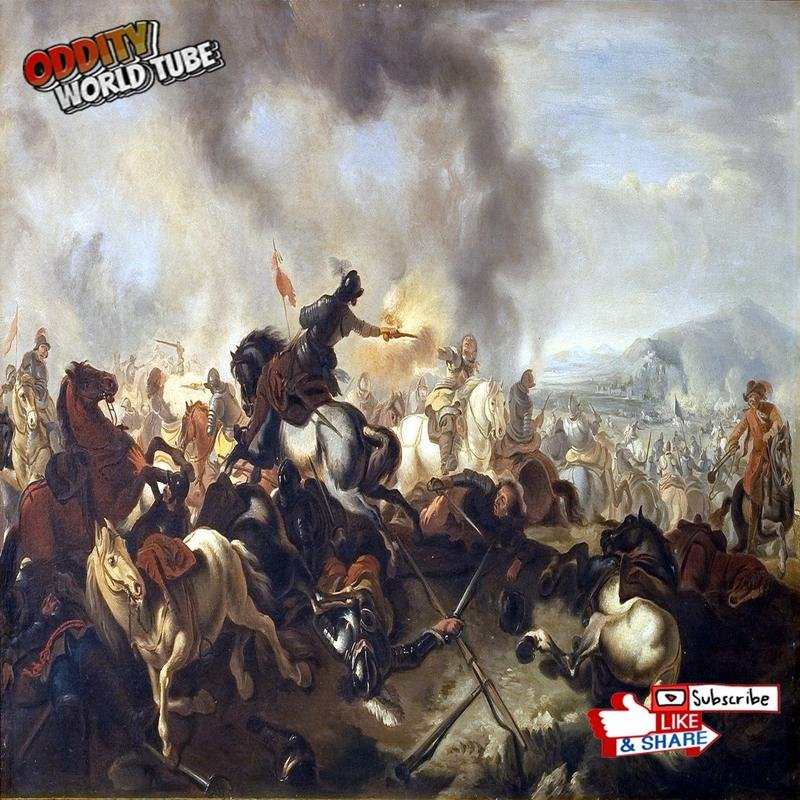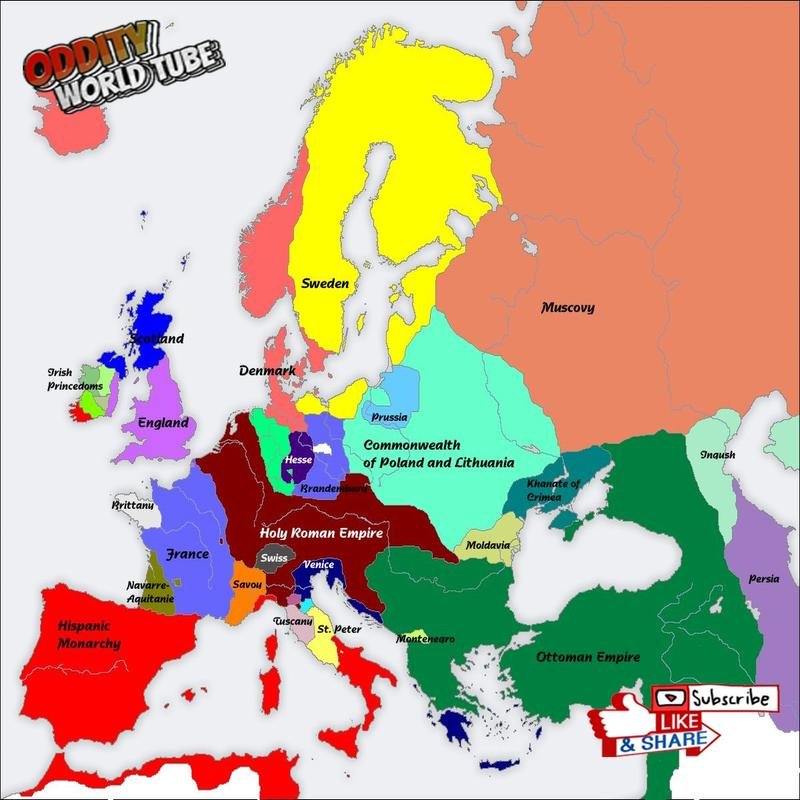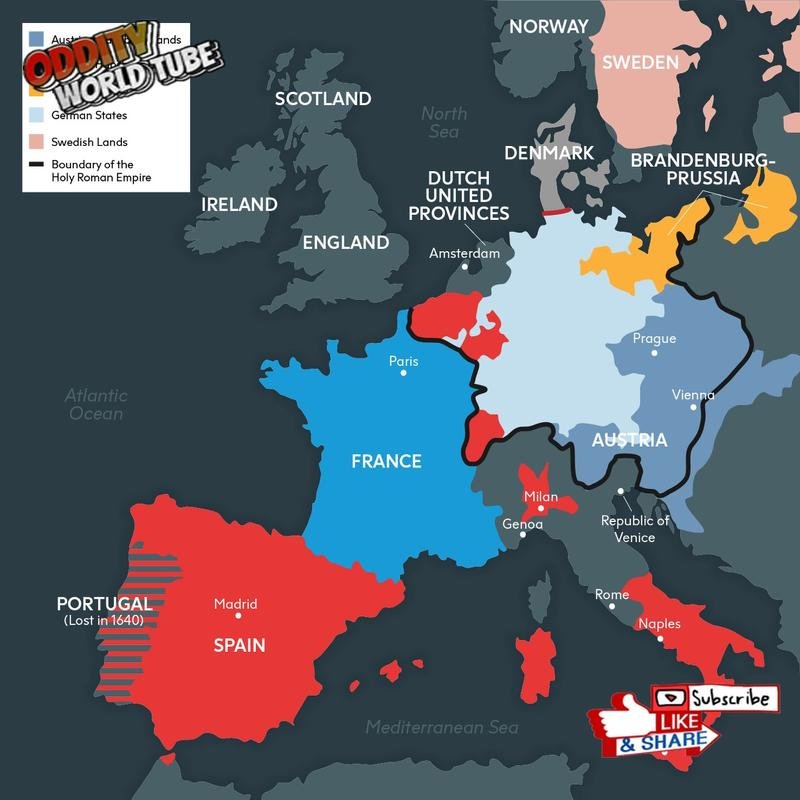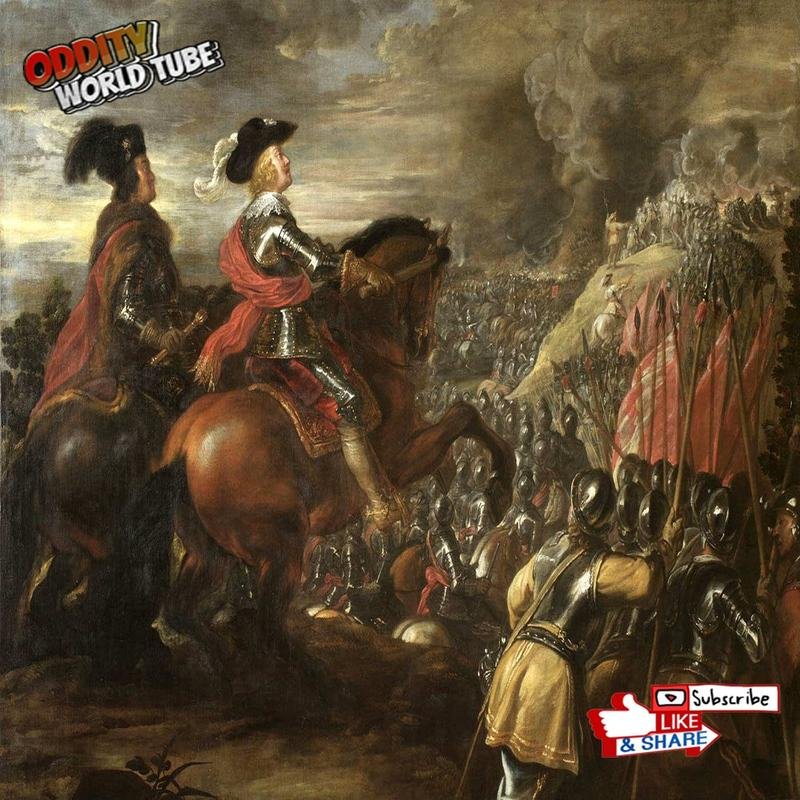The Thirty Years’ War: Europe’s Dark Secret ❓🌍 #History #Europe #War

Thirty Years’ War: A Catastrophe that Reshaped Europe
The Thirty Years’ War, a period of widespread devastation and immense human suffering, irrevocably altered the European landscape. Millions perished, and nations were left scarred by years of conflict.
Origins and Escalation
Originating in Bohemia in 1618 with a Protestant revolt against Ferdinand II’s Catholic rule, this seemingly localized religious and political dispute rapidly escalated into a major European conflict. Major powers, including France, Sweden, Spain, and the Holy Roman Empire, became embroiled, their motivations a complex interplay of religious zeal, political ambition, and economic interests. The war transcended a simple Catholic-Protestant dichotomy; it was a struggle for dominance and influence. Characterized by shifting alliances, betrayals, and brutal warfare, the conflict resulted in widespread famine, disease, and destruction. Cities and villages were ravaged, agricultural production decimated, and civilian populations suffered immensely. Historians estimate casualties between four to eight million, a devastating demographic impact. Germany bore the brunt of the devastation, with some regions experiencing population losses exceeding fifty percent.
Consequences and the Treaty of Westphalia
The Treaty of Westphalia (1648) formally concluded the war, but its consequences were far-reaching and enduring. The treaty redrew the European political map, established the principle of state sovereignty, and effectively ended Europe’s era of large-scale religious wars. This new international system, based on the concept of state self-determination free from external interference, profoundly impacted international relations. The war contributed to France’s rise to prominence, weakened the Holy Roman Empire, and led to the emergence of new states while others disappeared, fundamentally shifting the European balance of power.
State Sovereignty and its Legacy
The principle of state sovereignty, enshrined in the Treaty of Westphalia, became a cornerstone of the modern international system, establishing a framework of equal rights and obligations among states. However, it did not eliminate the potential for future conflict. The Thirty Years’ War serves as a stark reminder of the complexities of power and international relations.
Transformation and Lasting Impact
While a dark chapter in European history, the Thirty Years’ War also marked a period of significant transformation. It reshaped the continent’s political structure, established new principles of international relations, and laid the groundwork for a subsequent era of modernization and Enlightenment thought. The question remains: have the lessons learned from this catastrophic conflict been fully absorbed? Could a similar catastrophe occur in the modern world? The Thirty Years’ War continues to resonate in contemporary Europe, a potent symbol of chaos, destruction, and ultimately, profound change.









